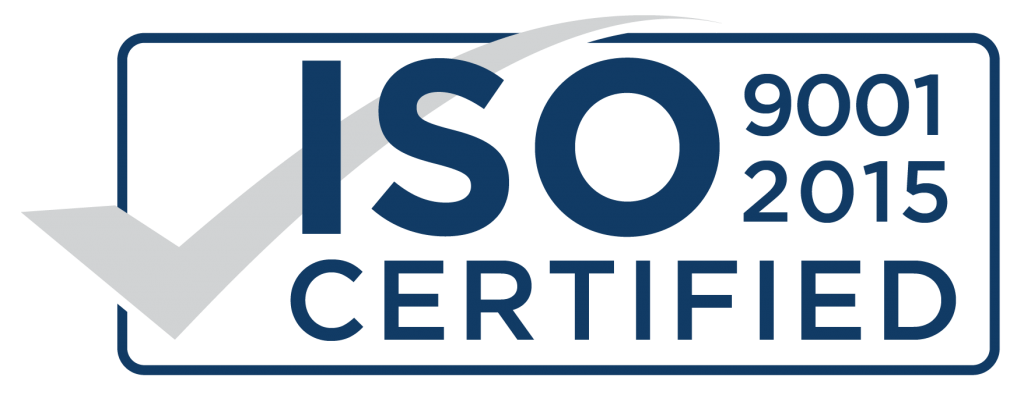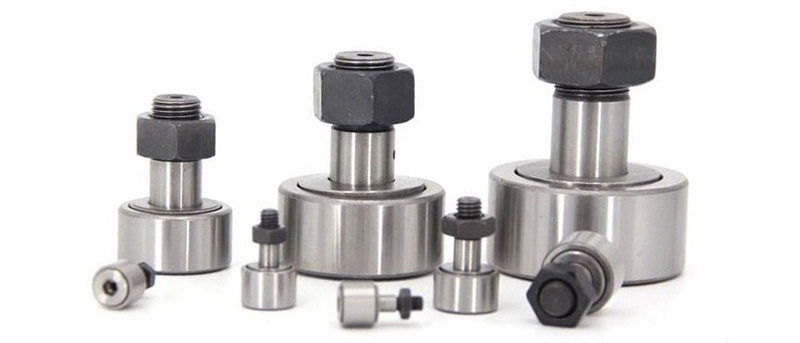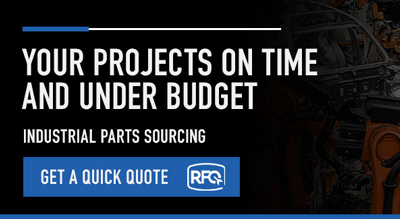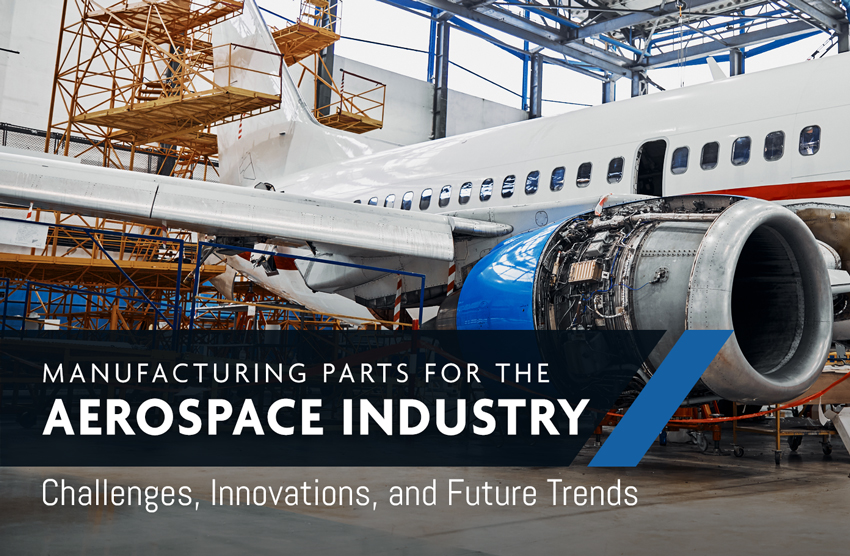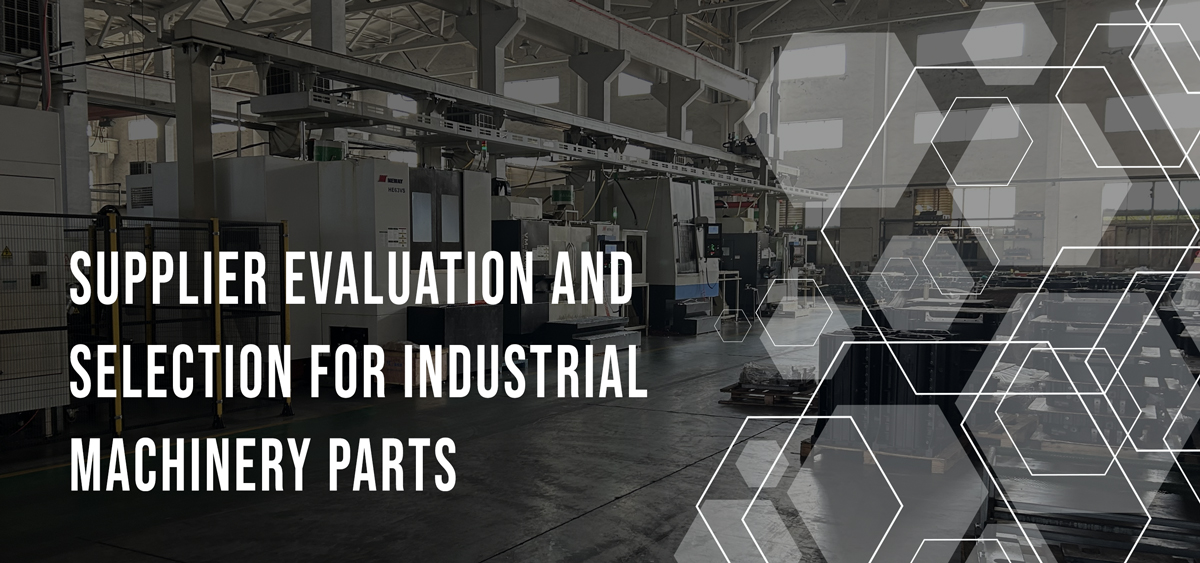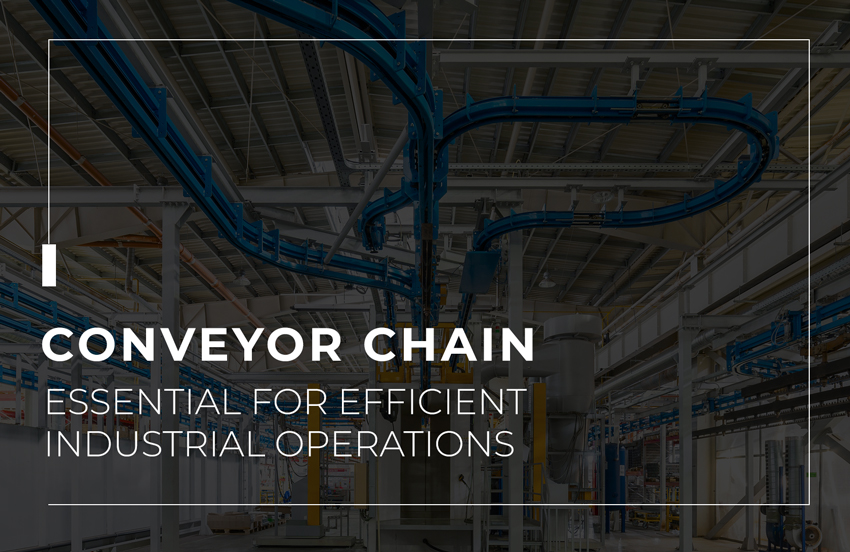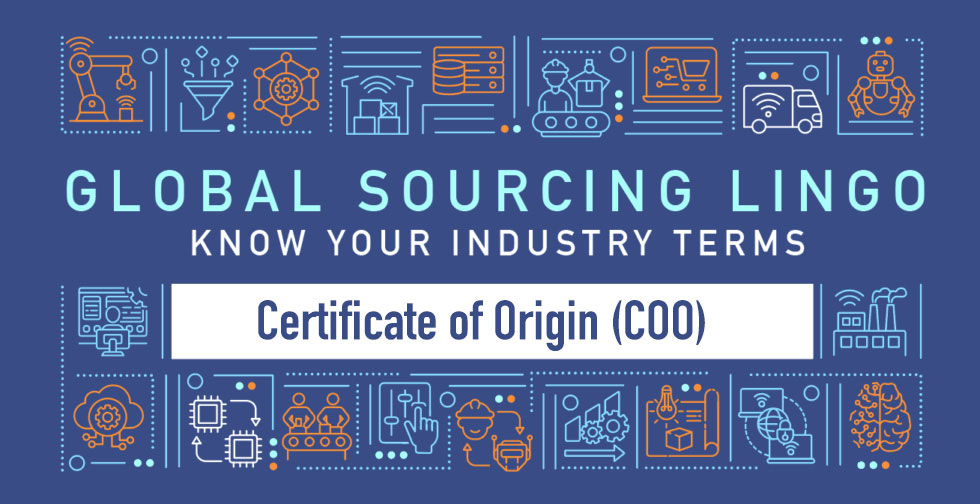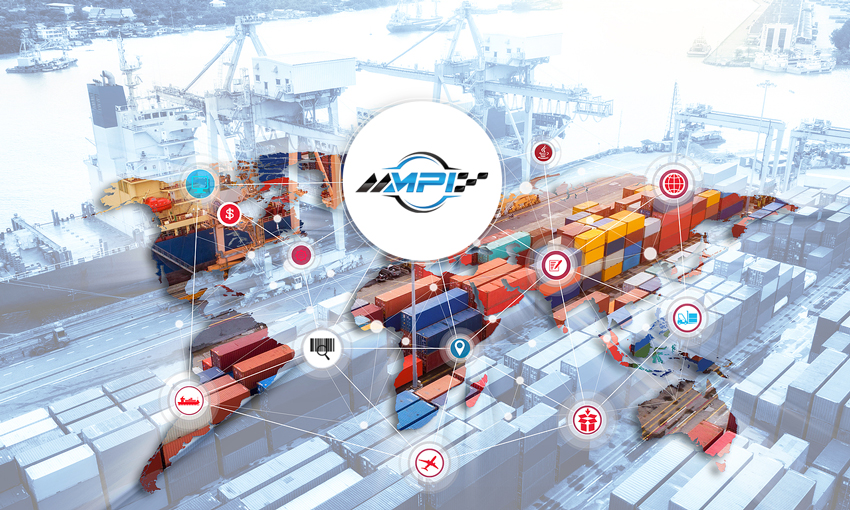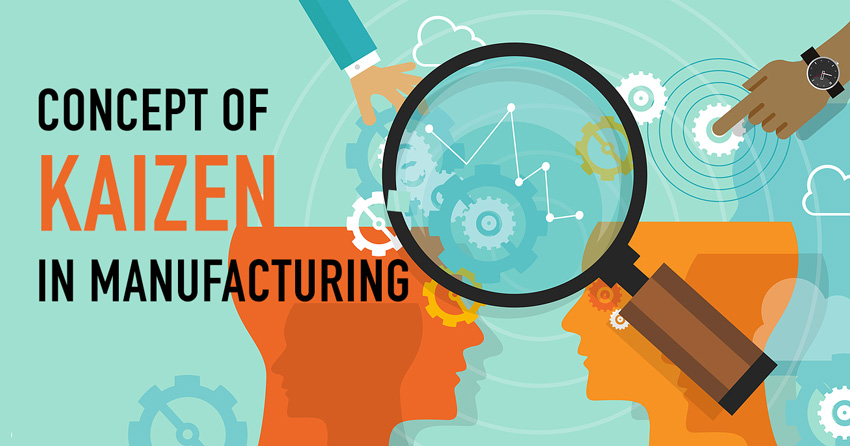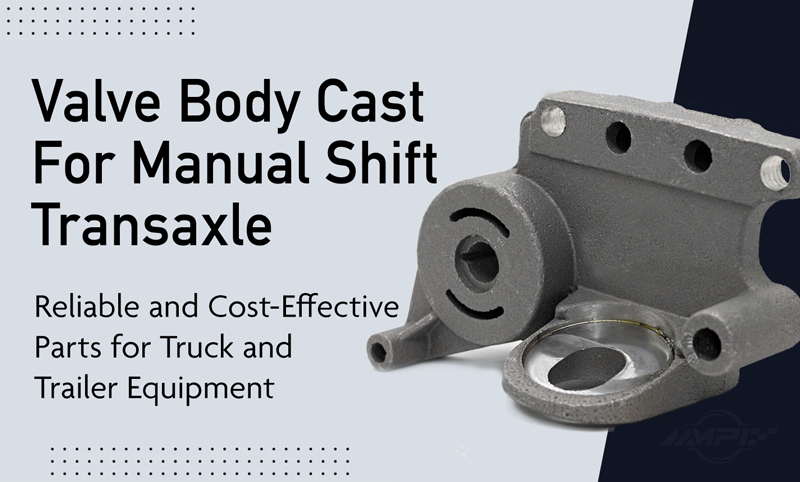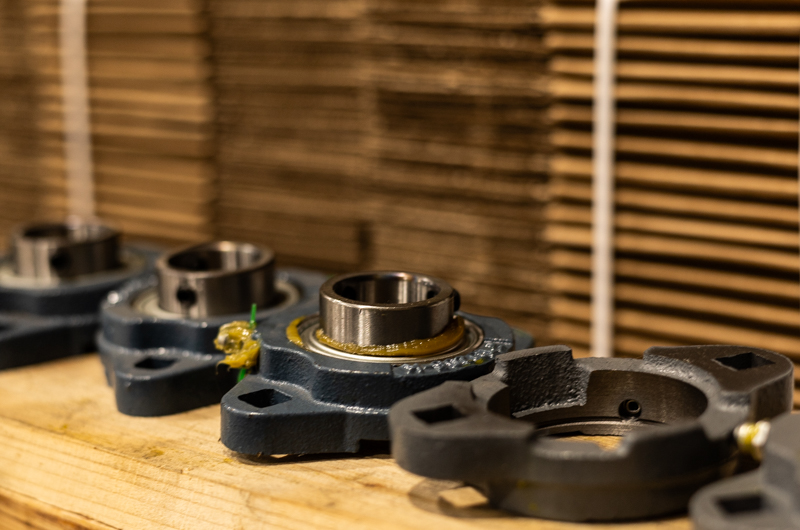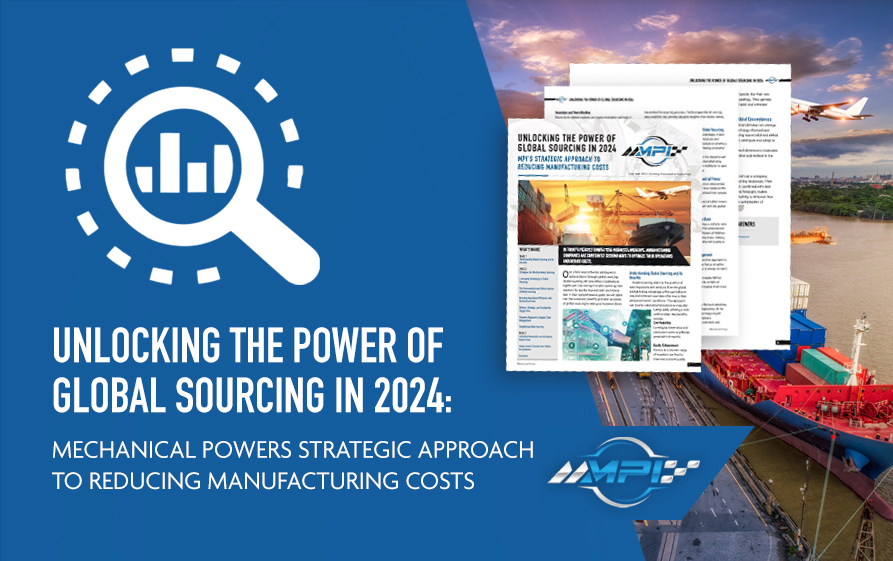Inside these machines, metallic components turn, rotate, grind, and touch each other, thus producing a lot of friction. As you might know, friction is bad for machines, and it produces a lot of heat, which can cause several problems.
One way to curb the friction in machines is to use bearings, which help maintain the mechanical efficiency to a certain extent. However, element bearings still need proper lubrication to prevent any mechanical failure.
Why is it Important to Lubricate Your Bearings?
As mentioned above, several industries use machines and devices with metallic parts that are constantly touching and producing friction. Therefore, manufacturers designing these machines use rolling element bearings to minimize the heat caused by friction.
Various industries use bearings for this purpose, and they are an essential component that helps enhance the efficiency of those machines.
However, bearings aren’t only responsible for reducing the heat buildup and running your machines smoothly. Lubrication is the key to proper function. Most machines contain failed bearings due to a lack of lubrication or improper lubrication.
This can lead to contamination or excess heat production, which can cause the machine to fail.
Therefore, industries need to use sufficient and proper bearing lubrication, as this keeps the bearings running for a longer time and keeps the machine running at maximum efficiency. Another reason why you need to lubricate your bearings is that the friction caused by a lack of lubrication can cause loud noises. It can disturb everyone, especially those who have to operate the machinery several hours a day.
Moreover, it can be unsafe for them to operate the machinery when it produces higher heat than usual. The excess friction can also cause a serious malfunction and might result in small parts getting shot out of the machine, possibly injuring someone.
Therefore, it is wise to choose the right bearing lubrication for your machinery. Doing so will also help maintain a load-bearing film between the bearings and the rolling mechanical parts, thus reducing moisture and preventing corrosion.
How to Choose the Right Lubrication for Your Bearings?
Now that you know the importance of bearing lubrication in your industrial machinery, it is also important for you to know that you can’t just use any lubricant. Simply choosing any lubricant might have more detrimental effects than not using any lubrication.
Choosing the right lubricant requires you to understand the conditions and environment in which the bearings will be in action. Moreover, the selection might involve several equations and calculations to determine the life adjustment factor. It is determined by comparing the lubricant against the operating conditions, considering the number of stress cycles the bearing can withstand.
Generally, bearing manufacturers build bearings and pre-lubricate them with grease so they don’t require any additional lubrication. These bearings are useful in larger heavy machinery or machinery that has a complex architecture. It can’t be easy to lubricate the bearings inside them, so that you can opt for pre-lubricated bearings. Moreover, it also eliminates the risk of corrosion or contamination due to external lubrication.
However, if you have bearings that aren’t lubricated before their packaging, you can use grease or oil to make them smoother. As mentioned above, you can change the type of lubrication based on the life adjustment factor, which depends on the life requirements of the machinery in question. Apart from fatigue life, a couple of other factors also come into play.
Keeping that in mind, we will discuss the parameters that come into play while choosing the proper lubricant for your bearings.
Did You Know?
For more than forty years Mechanical Power has been supplying high-quality bearing at competitive prices. We are best known for sourcing the highest-quality industrial parts at competitive prices from around the world.
Global Sourcing of industrial parts.
What to consider when choosing a bearing lubrication?
When it comes to any lubricant, two main parameters need to be considered: the type of lubricant and its viscosity. Generally, there are four lubricants types: oil, grease, dry lubricants, and penetrating lubricants. The two most common options for bearing lubrication are oil and grease. Moreover, viscosity is a measure of deformation that a particular substance can handle before it is deformed.
These two factors are dependent on the design and operating conditions of the bearings in question. The basic purpose of the lubricant is to keep the metal components from grinding against each other. Moreover, it keeps them cool and rust-free.
This can help you choose between grease and oil, and you can choose the right viscosity based on the machine’s operating temperature, load, and speed.
For instance, if you have a machine that operates at a high temperature with a high load but at a low speed, you would need bearing lubrication with high viscosity.
Moreover, if the machine operates at a lower temperature and load but with a higher speed, you can make do with a lubricant with a low viscosity.
Choosing a lubricant with the correct viscosity will produce a film of oil or grease with the right thickness between the moving parts. It will be according to the machinery’s right temperature, speed, and load. Therefore, the machine will produce minimal friction, and the film will ensure no direct contact between the surfaces, resulting in reduced heat production.
In a nutshell, the choice of bearing lubrication largely depends on the viscosity of the lubricant and its type. Moreover, fatigue life and the operational efficiency of your machinery also come into play when you are choosing the right lubricant.

Resourceful and innovative Marketing Pro, with 20+ years of progressive experience in the marketing and creative technology industry. Responsible for digital and traditional marketing efforts that promotes brand awareness, increases engagement, and drives revenue.

